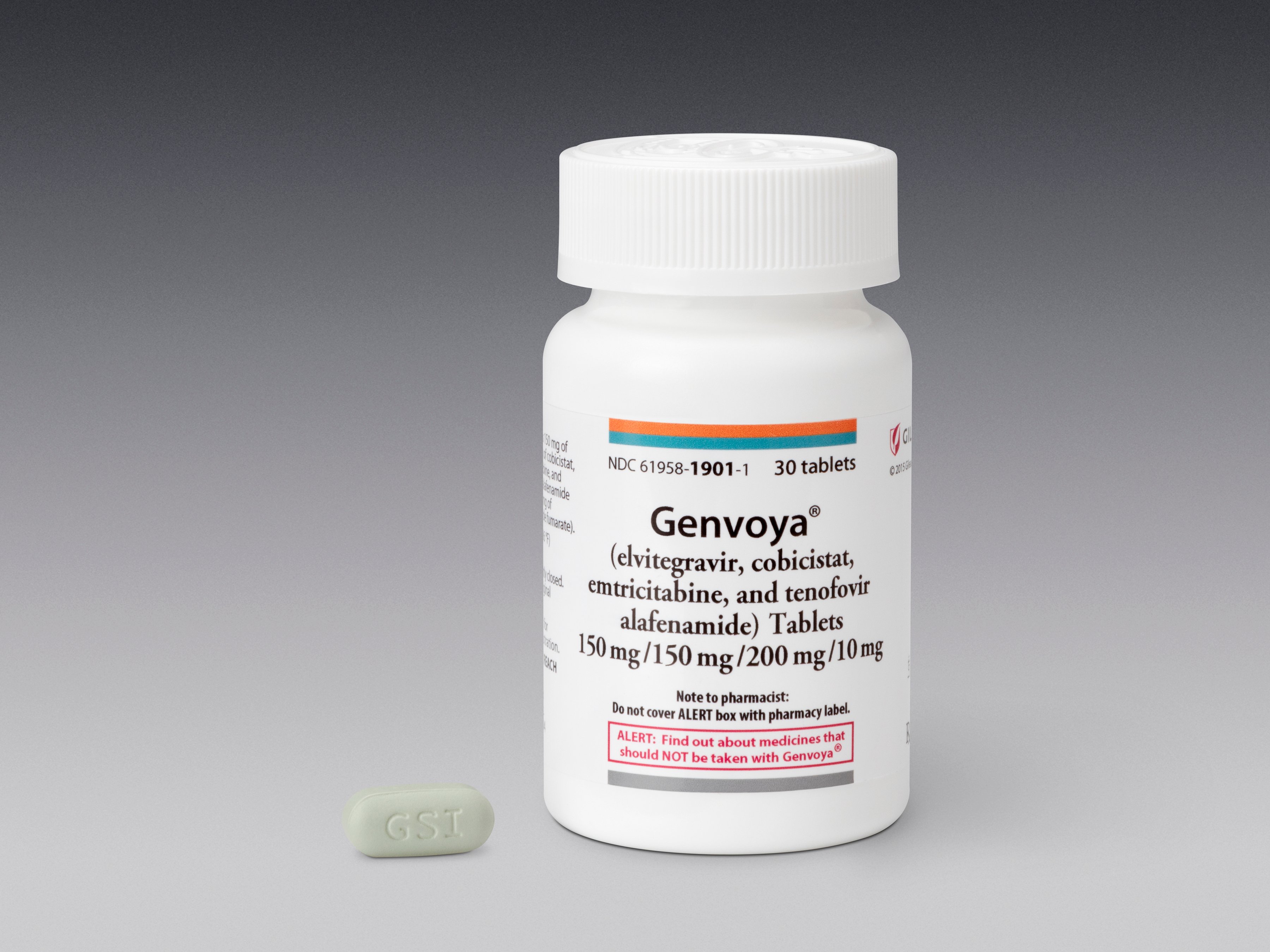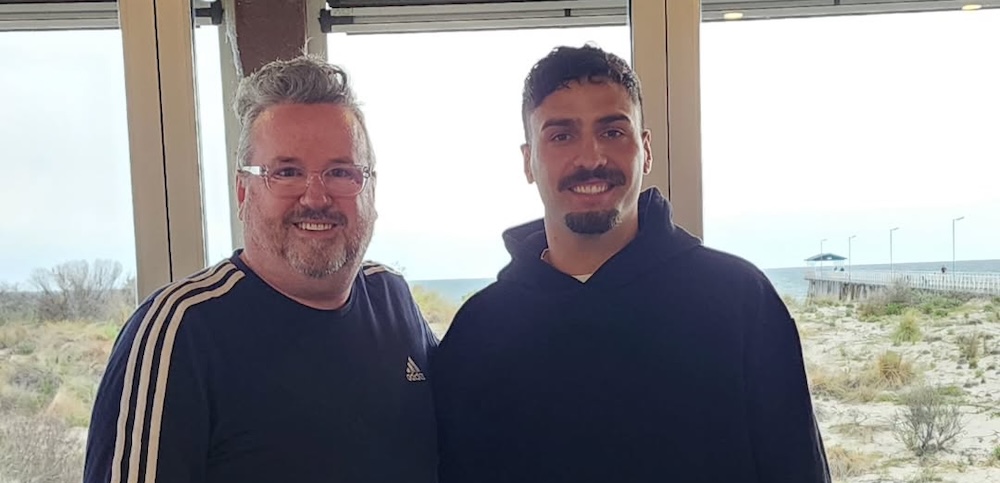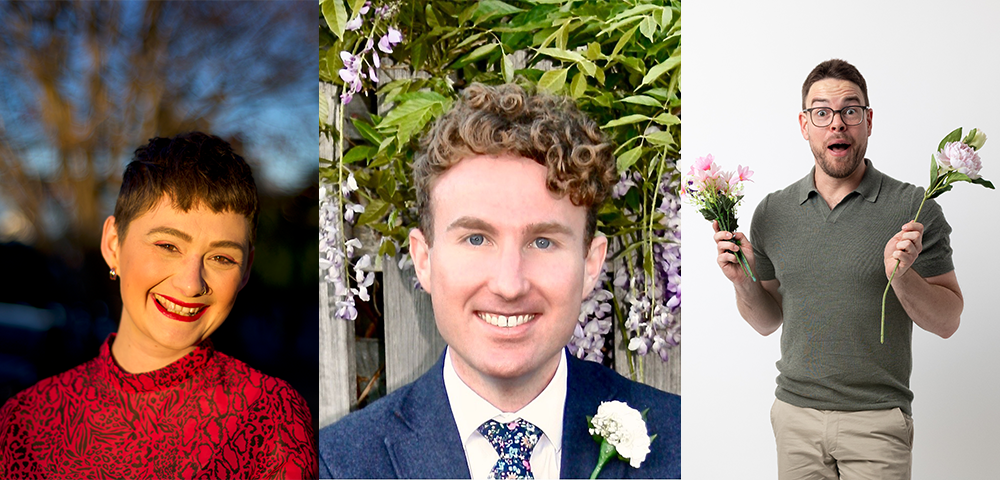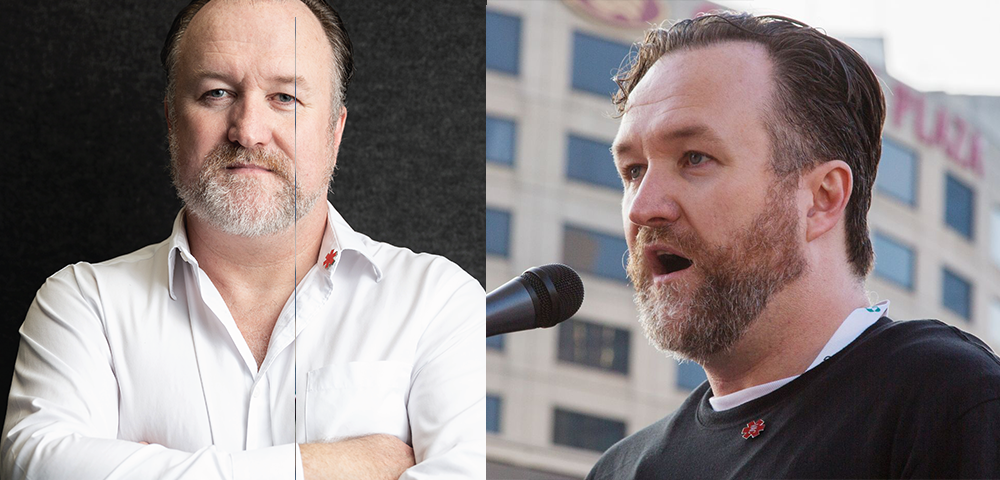
Health groups welcome addition of new HIV treatment on the PBS

HEALTH organisations have welcomed the addition of a new medication for HIV treatment on the Pharmaceutical Benefits Scheme (PBS) in Australia.
Genvoya was released on the PBS last week and is the first tenofovir alafenamide fumarate (TAF)-based, once-daily single tablet regimen for the treatment of HIV-1 infection.
It is be available on the PBS for prescription by physicians specialising in the treatment of HIV and the cost of a standard prescription is $38.30 for general patients and $6.20 for concessional patients.
Genvoya is a single tablet treatment for people over the age of 12 who are already on a stable antiretroviral regimen, looking to replace their current treatment regimen.
Patients looking to start on Genvoya must not have a history of treatment failure or known mutations associated with resistance to the antiretroviral components of Genvoya.
It has been touted as a treatment in the next generation of antiretroviral therapies because it contains a lower dose of tenofovir alafenamide, which makes it distinct from other drugs that have been associated with kidney and bone side effects.
Positive Life NSW acting chief executive Lance Feeney said the organisation welcomed Genvoya’s addition to the PBS.
“This daily single-tablet will provide people living with HIV with an additional easy and well tolerated regimen that supports adherence, stops disease progression and reduces the risk of transmission to our partners,” he said.
The efficacy and safety of Genvoya have been studied in clinical trials that included over 3500 people in 21 countries, with nine trial sites in Australia.
Australian Federation of AIDS Organisations (AFAO) executive director Daryl O’Donnell said one of the greatest myths around HIV is that it was hard to treat and AFAO welcomes any new treatment.
“People need to understand it’s easy to treat. Treatment is beneficial for all people with HIV (PLHIV) no matter what stage of living with HIV they are in,” he said.
“People should look at the different treatments available. People can call the AIDS councils, PLHIV foundations or speak with their doctor about the different treatments available.”
Cairns Hospital director of Sexual Health Associate Professor Darren Russell said: “Today, many people living with HIV will be taking lifelong antiretroviral therapy.
“As well as being effective in lowering the amount of HIV in the blood, it is increasingly important for these treatments to be easy to take, have fewer side effects and improved long-term safety.”









